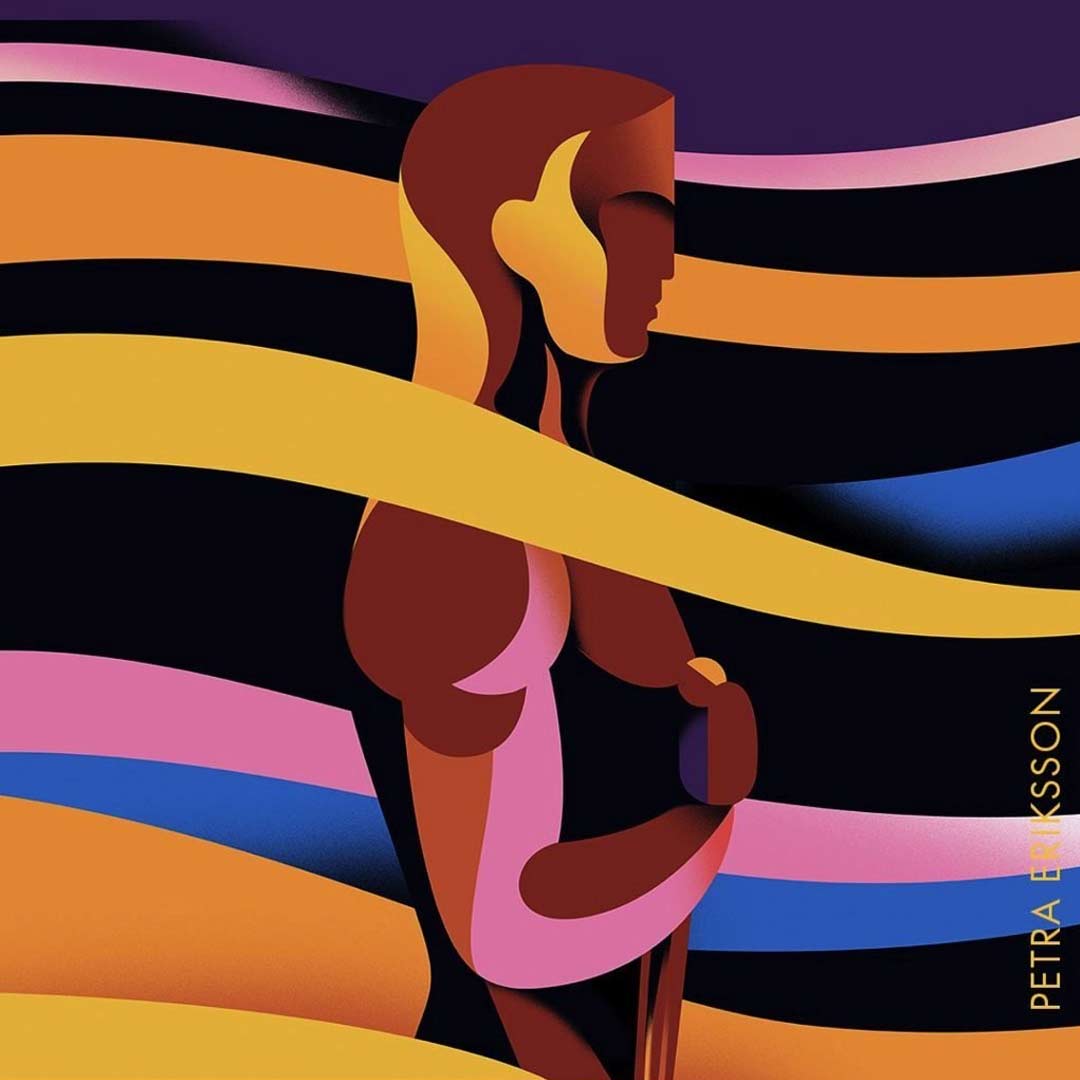The 93rd Academy Awards gave us some surprising—and game-changing wins.
Related: Oscars History Will Be Made At The 93rd Academy Awards
The annual Academy Awards ceremony has finally wrapped. Cinephiles are now closing the books on movies from the 2020 season, and are beginning to speculate about next year’s crop of nominees and winners. With COVID-19 unexpectedly hitting the world early last year, awards season played out differently. The usual February Oscar date was postponed by two months to be able to give delayed films a chance to compete for gold. The Academy, who tried to follow social distancing rules for their guests and nominees, divided the ceremony between their official home The Dolby Theater (formally known as The Kodak) and Union Station (a railway station in the city of Los Angeles), breaking tradition for its 93rd birthday party.
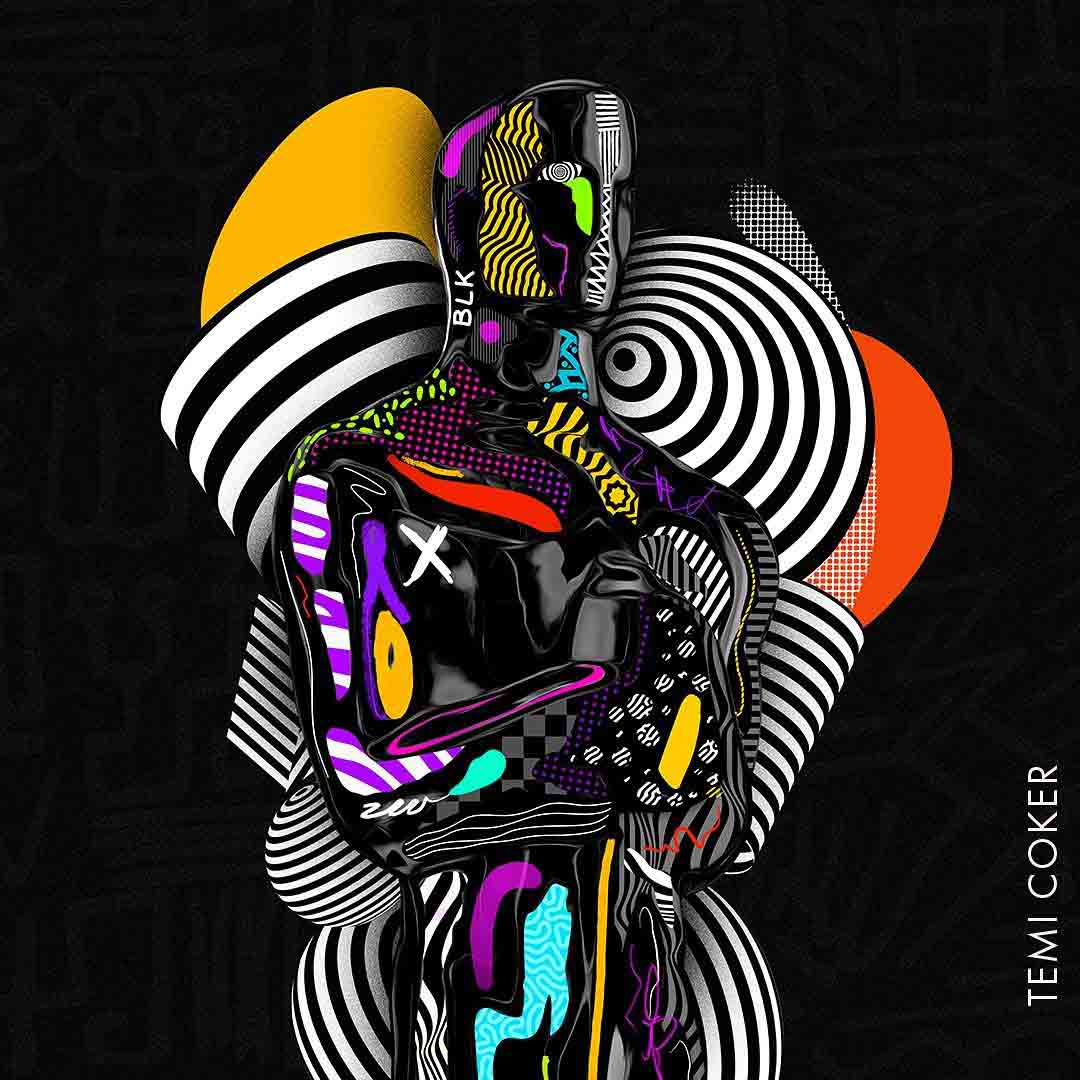
Coming into the evening, awards pundits were excited for what might have been Oscar’s most historic evening. The fact that all four acting winners could be people of color was a large possibility, and it would have been a big step forward with the Academy’s diversity problem. Although it didn’t happen, many fans and commentators cannot deny that the results of this year’s Oscars are still very satisfying. With a crop of extremely strong nominees, how wrong can you really go? The Academy opted to vote on merit this year, disregarding multi-million dollar campaigns and carefully planned PR “narratives.”
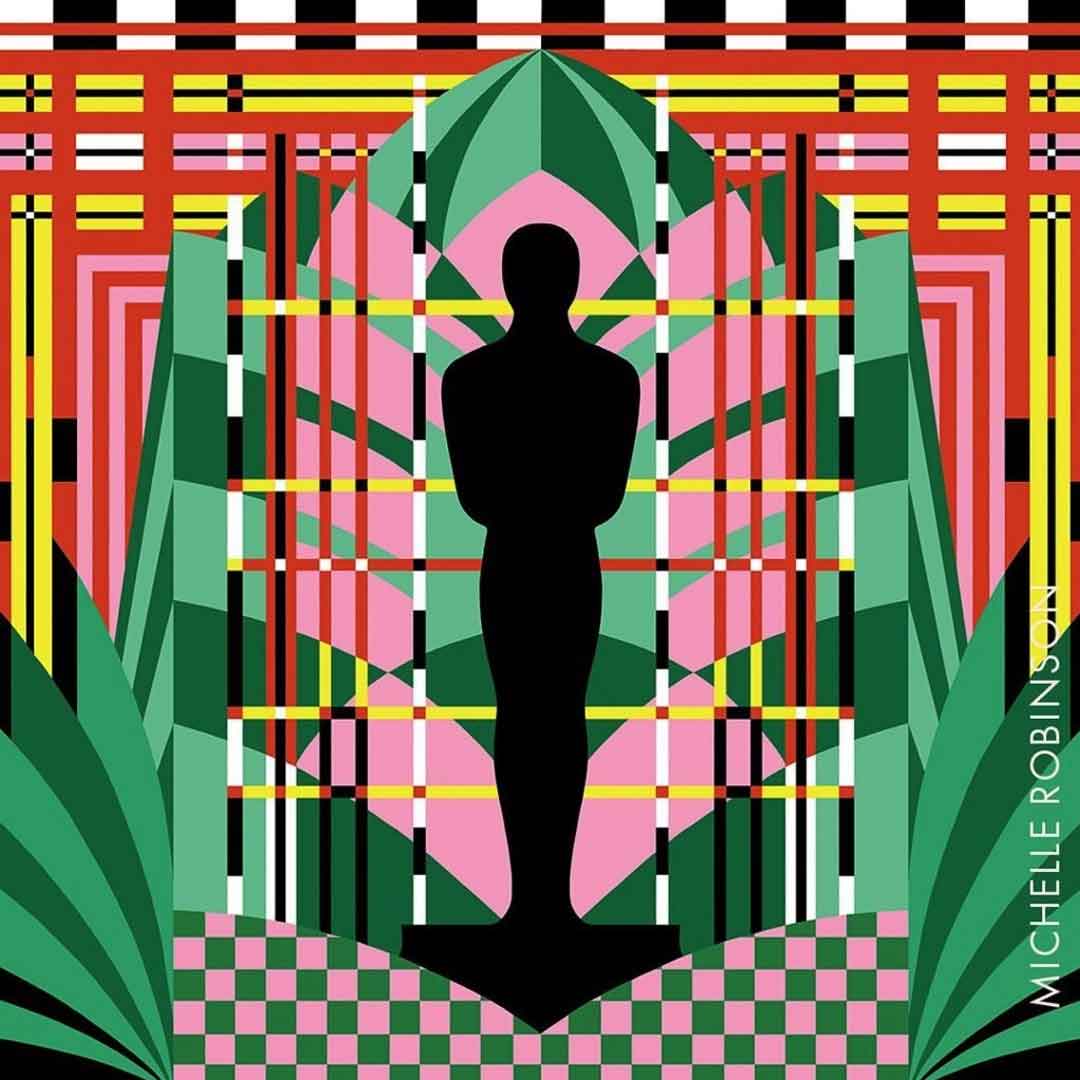
Last night, we posted our predictions (which you can check out here), and we’re happy that we were able to guess all but five categories correctly. Scroll down below to see the biggest surprises at the 2021 Academy Awards and what it means for the history books…
Anthony Hopkins winning for The Father, upsetting frontrunner Chadwick Boseman
I have no doubt in my mind, had Chadwick Boseman lived, he would have eventually been an Oscar winner. He produced wonderful dramatic work during his short film career, as well as becoming a cultural icon after garnering the lead role in Marvel’s Black Panther. After his unexpected death, the awards narrative turned positively towards him, with many arguing that it was the final time the actor could be rewarded. For Ma Rainey’s Black Bottom, Boseman eventually won the Golden Globe and the Screen Actors Guild award—two precursors that usually result into an Oscar win.
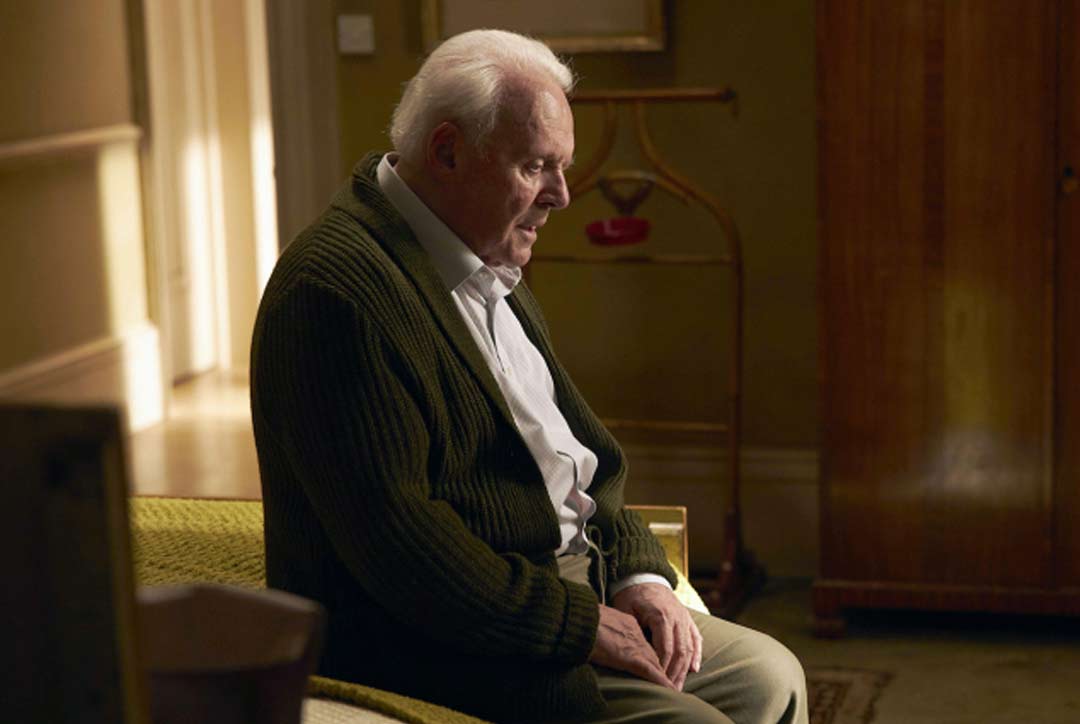
Despite this, he was no match to acting legend Anthony Hopkins, whose film The Father surged with awards giving groups at the right time. We predicted Boseman to win, but also speculated that Hopkins would be the dark horse due to his strong reviews and recent BAFTA win for Best Actor (just like Olivia Colman did in 2019—who ironically, is his co-star in The Father). Hopkins makes Oscars history today as not only the oldest Best Actor winner to date, but also the oldest amongst any actor in any category. He is 83-years-old.
WHAT WE LEARNED TODAY: Never doubt BAFTA (who make up a large chunk of Academy voters).
Best Picture momentum boosted Frances McDormand to a historic Best Actress win
This year’s Best Actress race was extremely murky, with every precursor group giving their award to different performers (Kirby won Venice, Mulligan won Critic’s Choice, Davis won SAG, and Day won The Globe). We predicted Viola Davis, mainly on the basis that a SAG win meant large support by actors (the Academy large voting body). We also thought that the Academy might want to make history by awarding the second black performer a Best Actress Oscar. But just like Mr. Hopkins, Frances McDormand pulled through after winning the BAFTA.
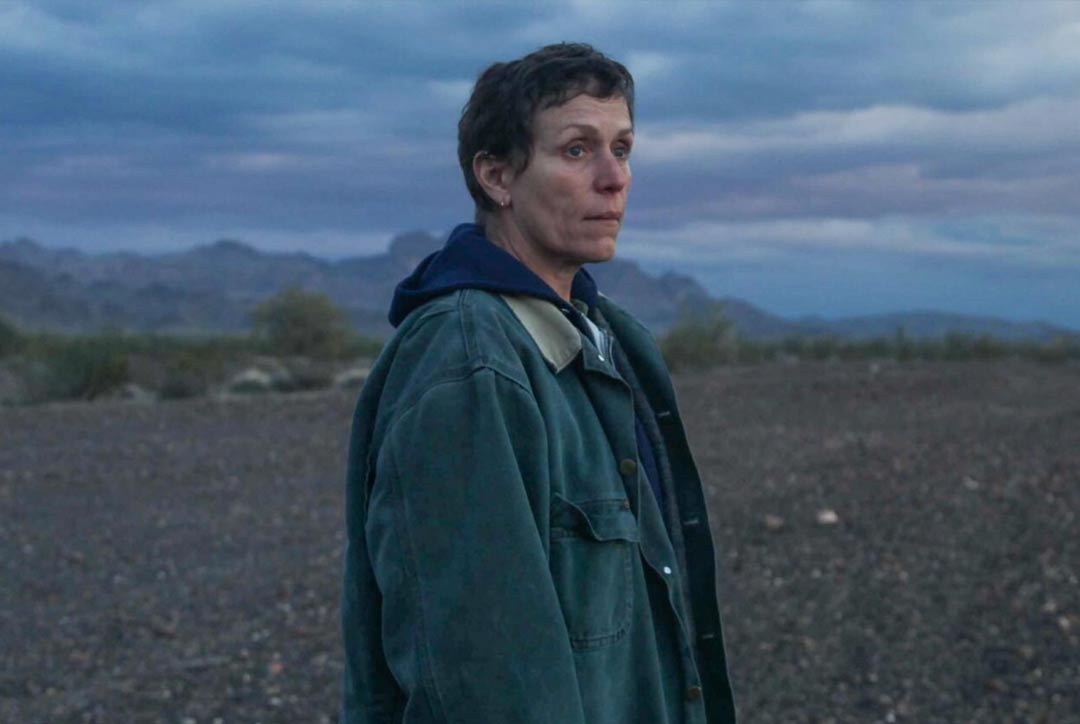
We also realized that McDormand might have been carried to victory by the momentum Nomadland had as the Best Picture frontrunner. Her win has made her the second most awarded Best Actress of all time, winning three trophies (which is more than legends Meryl Streep and Ingrid Bergman, whose one of three Oscars are in the supporting category). The only person with more Best Actress trophies than McDormand is Katharine Hepburn. The actress also won an Oscar tonight for producing Nomadland. This is the first time a woman has ever won for producing and acting in a single night.
WHAT WE LEARNED: Never doubt Best Picture momentum. In the Academy’s 93-year history, a Best Picture winner had a corresponding acting win 49 times. It might not be a big statistic, but when in doubt (for categories as murky as this), predict the performer in the Best Picture frontrunner!
For the first time in Oscars HISTORY, Best Picture is not the last category announced
We found it particularly strange that The Academy’s biggest and most prestigious award was not announced at the end of the night. But since we knew that the Best Actor and Best Actress race was the tightest it has been in years, we weren’t very surprised. Still, it was a little off-putting, considering how traditional The Academy has been with their rules the past 90 years.
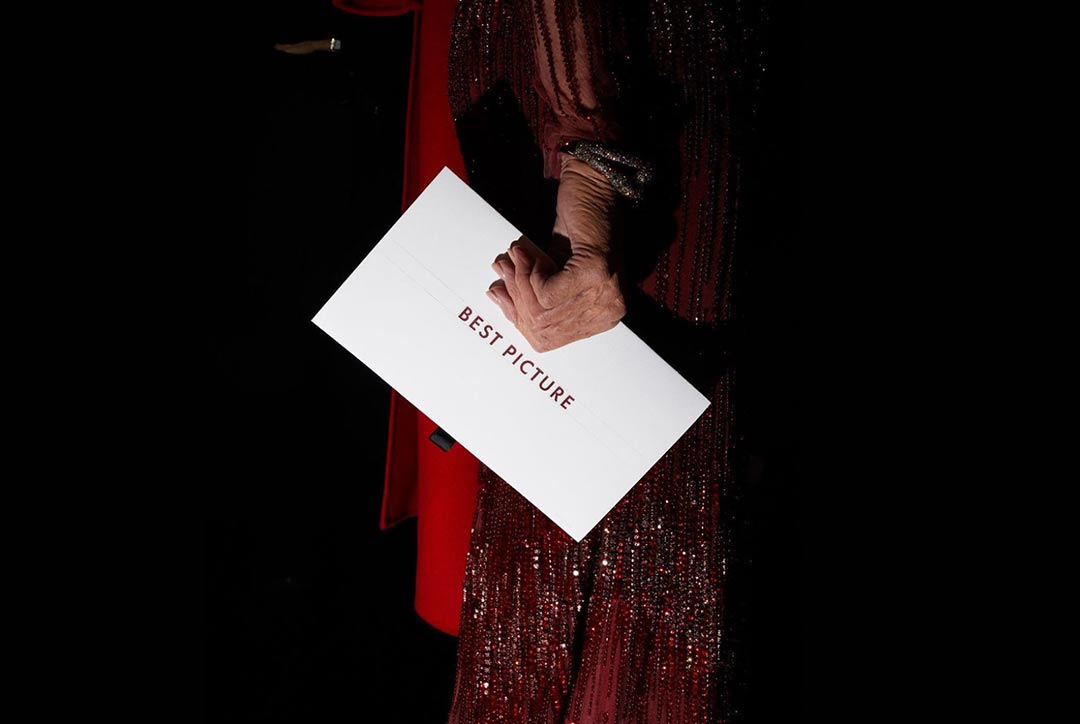
Best Picture is usually the award that defines the whole evening, and its announcement usually signifies the end of the season. Despite the change, we’re not complaining—especially since the Oscars gave it to Nomadland, a worthy winner for the top price.
SIDE NOTE: This might be the most untraditional and unique Oscar ceremony yet.
Asian inclusivity shines in Hollywood today
In Oscar’s long and complicated history, Asian actors have been incredibly under-rewarded. In 1987’s race, The Last Emperor (a film about Puyi, China’s controversial last emperor) won every Oscar is was nominated for. Today, you look back at the crop of nominees that year and wonder why The Last Emperor’s lead actors (John Lone and Joan Chen) were stiffed of recognition. We think they might have been worthy winners, even over those who actually won the awards.
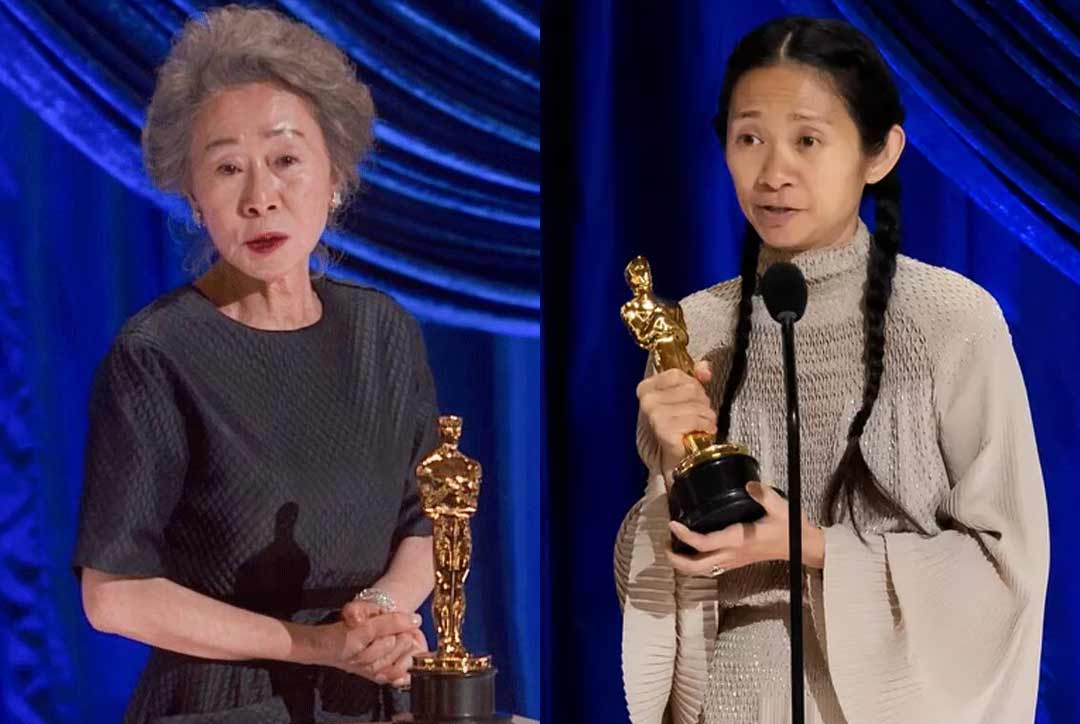
The Academy continued this trend of snubbing Asian artists in their top categories, with exception of Ang Lee, who won Best Director twice for Brokeback Mountain in 2005 and Life of Pi in 2012. Today, the barrier has been broken yet again, with two major winners being of Asian heritage or descent. Chinese director Chloé Zhao is the first Asian woman to win Best Director. Korean legend Yuh-Jung Youn is the first Asian woman to win Best Supporting Actress since Miyoshi Umeki managed a victory in the 1957 ceremony.
SIDE NOTE: Parasite’s recent victory certainly played a huge role in breaking down barriers for Asian artists and cinema. We’re particularly proud of this entry in Oscars history.
Judas and the Black Messiah nabs Best Original Song
No one was expecting H.E.R. to nab the Best Original song Oscar. The race was between the inspiring “Speak Now” from One Night in Miami and fan favorite “Husavik” from the zany comedy Eurovision Contest: The Story of Fire Saga. Still it was heartwarming to see the multi-Grammy award winning musician get an Oscar for her work on Judas and the Black Messiah.
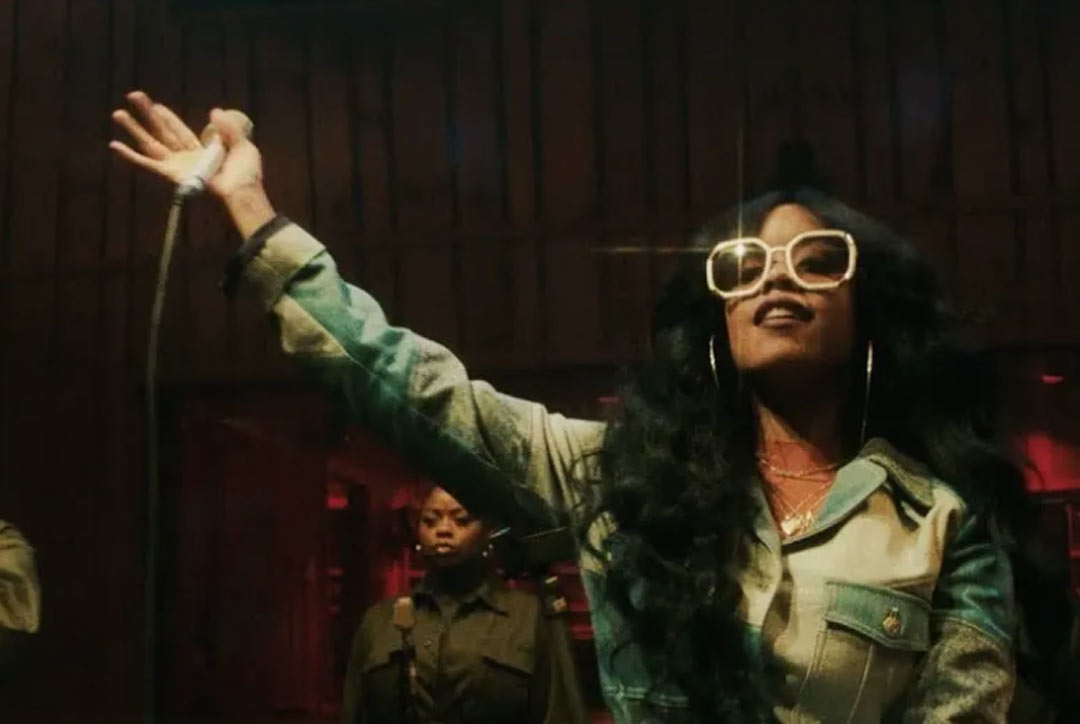
SIDE NOTE: We’re not 100% sure about the statistic, but H.E.R. might be one of the youngest Best Song winners of all time, winning today at 23-years old. The only other performer we could find who beats her in age is Markéta Irglová, who won for Once’s “Falling Slowly” when she was 19.
Black-and-White film Mank surprisingly over performs
After the Best Actor category, Mank’s win for Best Cinematography may be the most surprising of the evening. The David Fincher film was nominated for 10 Oscars, but many thought it had the same fate as The Irishman last year (leading the nomination pack but not winning a single thing). We predicted it to win for Production Design (which it did), but no one saw the film taking Cinematography, which was supposedly a lock for Nomadland.
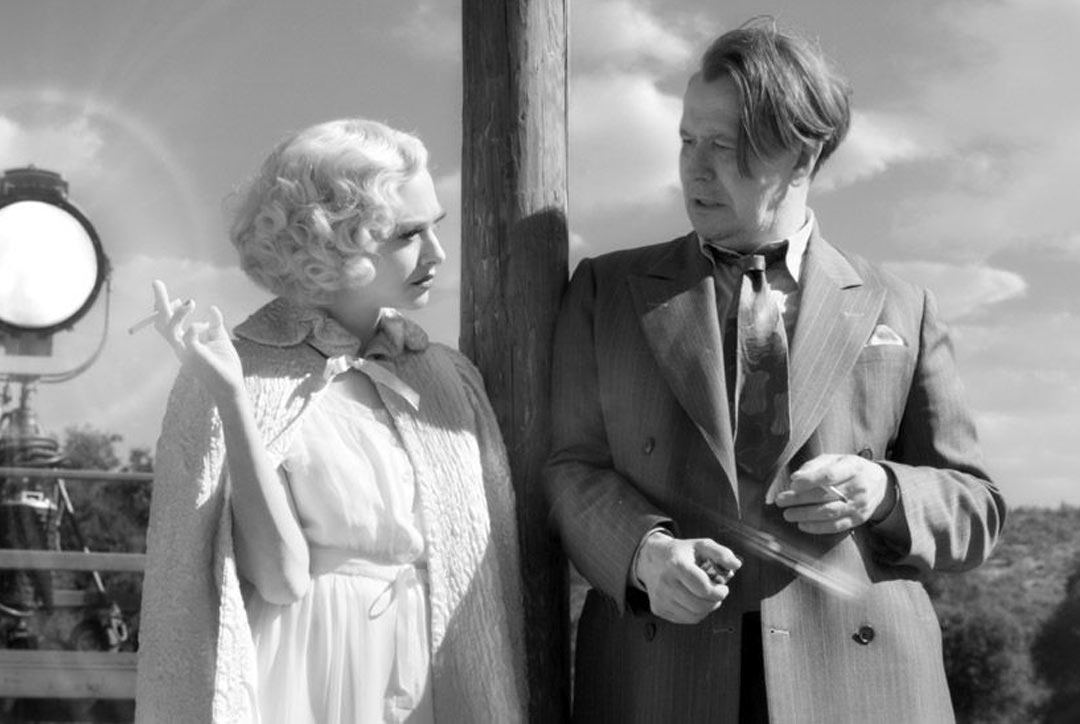
WHAT WE LEARNED: Black-and-White films have had a good showing in this category for the past three years. Mank for 2020’s race, The Lighthouse for 2019, Roma (which won) and Cold War for 2018. Could “the silver screen” be making a comeback?
The Trial of the Chicago 7 goes home empty handed (and that’s not necessarily a bad thing)
The SAG winner and early frontrunner, The Trial of the Chicago 7 went home empty handed, despite scoring nominations in six categories. Many pundits believed that it would at least win Best Film Editing (but it deservedly went to Sound of Metal instead), shattering any chances it had for spoiling Nomadland’s Best Picture victory.
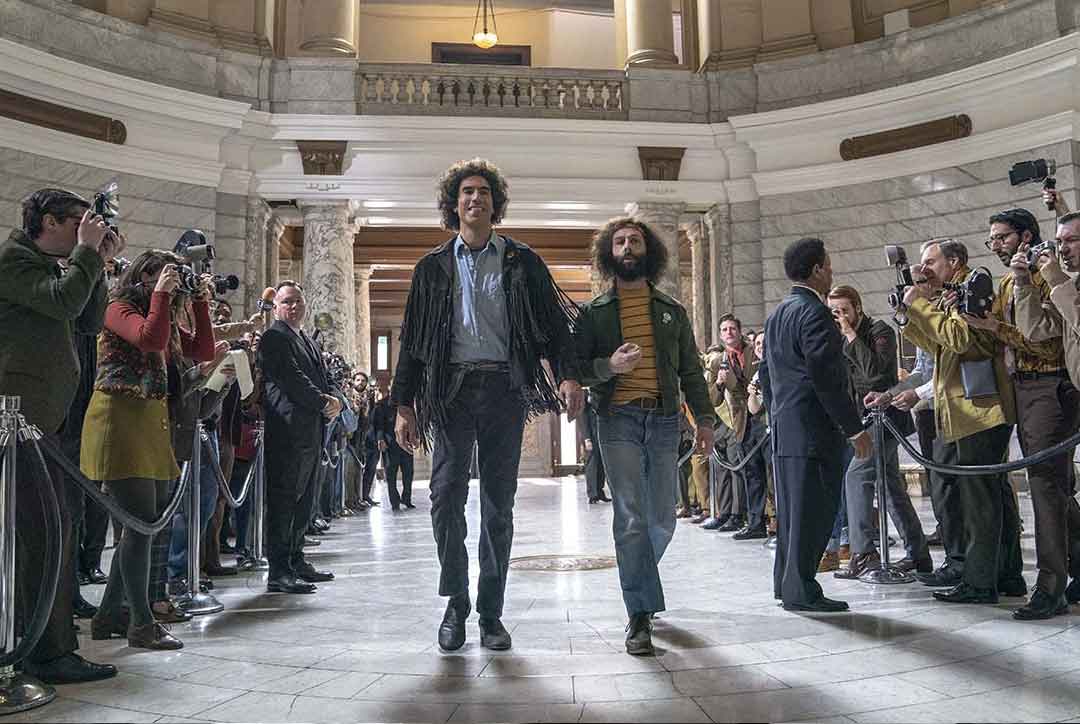
Later in the season, many criticized The Trial of the Chicago 7 as being traditional “Oscar bait” (negative “film slang” used to refer to motion pictures tailor-made simply to win Academy Awards), and we think that this online backlash may have led to its demise.
WHAT WE LEARNED: The Academy’s new young voting body has been rejecting “Oscar bait” films for some years now (save for Green Book’s terrible win 2018). Perhaps the Oscars are truly getting diverse now.
Artwork featured: Petra Eriksson’s take on the iconic statuette
